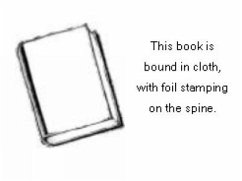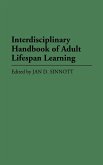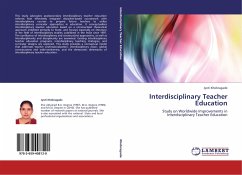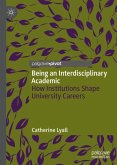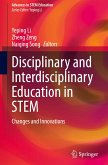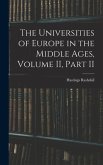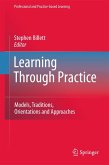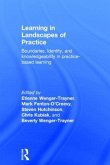Relatively new and increasingly popular in higher education are interdisciplinary programs that address questions of values. Both these elements characterize Graduate Liberal Studies Programs offering a Master's degree in liberal arts. Because the degree does not confine itself to the canons of a particular discipline and students enter this program with a variety of backgrounds, this book introduces the ways of learning, reading and writing that go on in the various liberal arts (history, philosophy, literature, art, etc.). A student does not read a poem in the same way he or she reads a Medieval Chronicle; why the difference? And how can we in some way synthesize these various approaches to knowledge and bring them all to bear on a subject, an issue, a question? This book tackles these and other challenges in graduate liberal education including the role of technology and the increase in multicultural, interdiscliplinary research, offering essays that discuss these changes with pragmatic recommendations. Contents: Humanities: Reading Theology, John F. Haught; Philosophy as a Mode of Liberal Learning, Jesse Mann; Teaching Literature in a Liberal Studies Program, Michael J. Collins; Seeing Art as Cultural Inquiry, Diane Apostolos-Cappadona; Understanding History, Phyllis O'Callaghan. Science, Technology and Social Science: Science, Technology, and Society, Thomas P. McManus; Understanding Interrelatedness in the Social Sciences, Elizabeth James; Liberal Studies Education in the Information Age, Deborah Everhart; Locating the Self in a Universe of Values: Triangulation, Liberal Studies, and Sociology, William F. McDonald. Values Issues: The Disclipline of Dialogue, Francis Ambrosio; Multiculturalism and American History, Ronald Johnson; The Information Explosion and the Quest for Knowledge, Chester Gillis. Liberal Studies: The Scholar and Students: Research and Liberal Learning, Richard B. Schwartz; The Wisdom of Merlyn, Mary Anne Grant. Index. Contributors.
Hinweis: Dieser Artikel kann nur an eine deutsche Lieferadresse ausgeliefert werden.
Hinweis: Dieser Artikel kann nur an eine deutsche Lieferadresse ausgeliefert werden.
